Ben Howell
Posts tagged with Survey
Showing 1 - 10 of 28 items
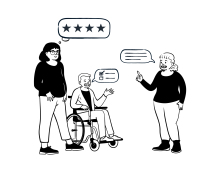
The second Library Search Benchmark Survey launched earlier this year and we gathered feedback from students, faculty, staff and library employees about finding and accessing materials through Library Search. We also measured changes in user satisfaction, ease of use, user challenges and wins from our first survey in 2022. Participation from users outside the library grew significantly and responses helped us identify clear and actionable insights we’re excited to share and act on in the coming year.
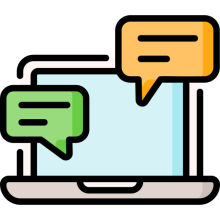
What do library users want and need when they contact the Ask a Librarian chat service? This post describes a project to design and deliver a survey to gather information on how the library's reference service is meeting community needs. Survey results identified both demographic and service-oriented trends.

In 2023, the U-M Library conducted its first comprehensive survey across students and employees. This blog post covers my specific research exploring the experiences of people with disabilities in the libraries, and their struggles with accessibility by analyzing data from the campus-wide survey. The goal of this research was to reveal struggles people with disabilities are facing in the libraries. By improving the library spaces with accessibility in mind, everyone – not just those with disabilities – benefits.
•
This Bits & Pieces blog post talks about the Detroit Metro Area Communities Study (DMACS) and its expansion, the Michigan Metro Area Communities Study (MIMACS), and their initial releases of closed-ended response data via the U-M Library's Deep Blue Data platform.

This blog post summarizes a quick, low-tech, and timely way to assess your instruction. I write about my version of a “one minute essay” adapted as a feedback form on slips of paper, and how I use the responses to circle back with the students and faculty after the class. I reflect on how this approach, which I’ve used over the past ten years, has changed my instruction and allowed me to be more receptive to all kinds of feedback.

The University of Michigan Press sought to better understand what its monograph authors care about when choosing a publisher and their experiences in being published. A survey completed in Fall 2024 reveals insight into scholarly publishing trends and what authors value in working with a university press.

As we approach five years since the drastic shutdown and isolation techniques due to the COVID-19 pandemic, it seems appropriate to reflect on an assessment project conducted during 2020-2021. As librarians and students attempted to pivot to an all online learning and teaching experience, research service providers quickly needed to know more about our research consultation service. Struggling with a crisis, we also learned how to conduct assessment work in sensitive and empathetic ways.
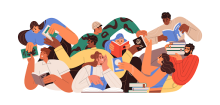
The findings from a qualitative study on users of open access (OA) books reveal a wide range of needs and impacts. The data comes from two collections: one of OA books published by Lever Press (https://www.leverpress.org/) and the other of backlist books turned OA by the Big Ten Open Books project (https://bigtenopenbooks.org/). While the samples are small, the findings highlight the importance of qualitative approaches to capturing the variety of reader and, more broadly, user experiences.
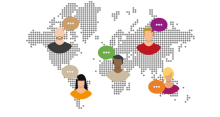
We know very little about how authors and readers experience the impact of open-access (OA) books. Usage metrics and citations obscure their humanity. In Fall 2023, we interviewed authors and readers of monographs published as OA by the University of Michigan Press. Our qualitative research project documented their experiences, used AI to discover patterns in their responses, and provided evidence-based recommendations for improving OA book publishing.
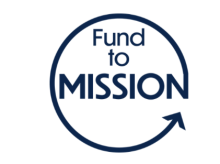
University of Michigan Press is exploring different ways of communicating the “impact” of the open access program, Fund to Mission, with impact defined as “provable benefits on the real world.” As part of this exploration, the Press worked with Zhenkun Lin, a doctoral student from the U-M College of Engineering, under the auspices of the Rackham Doctoral Internship initiative. The charge for Zhenkun’s project was very broad: Please explore the data we have gathered and see if it suggests any interesting patterns or opportunities for visualizing the program’s impact.